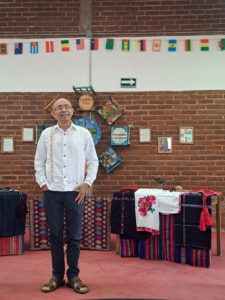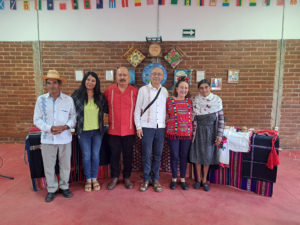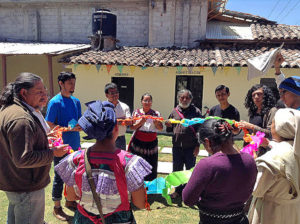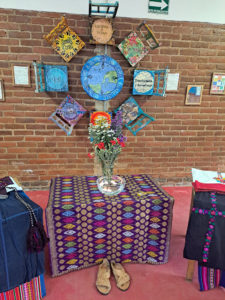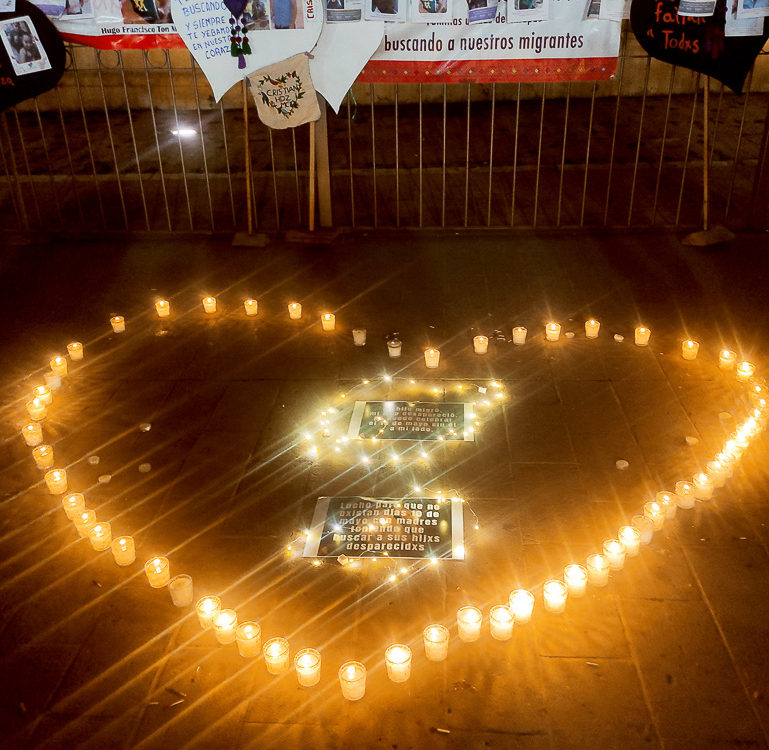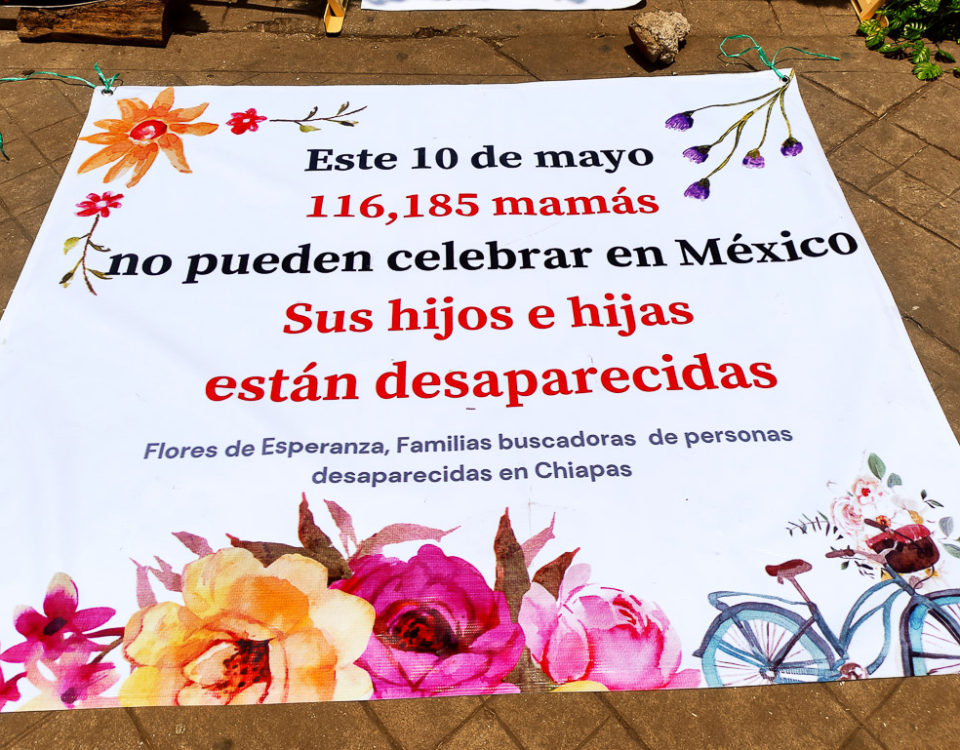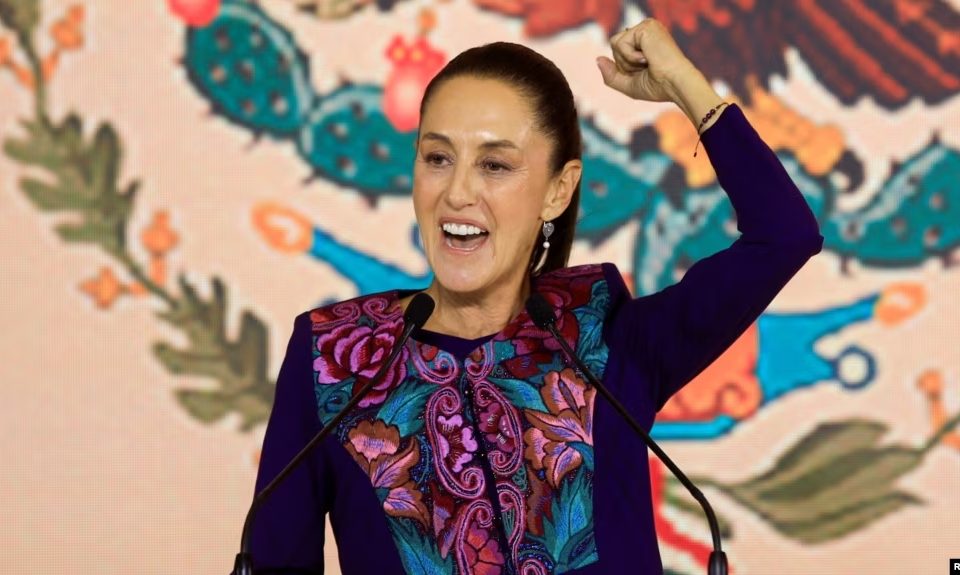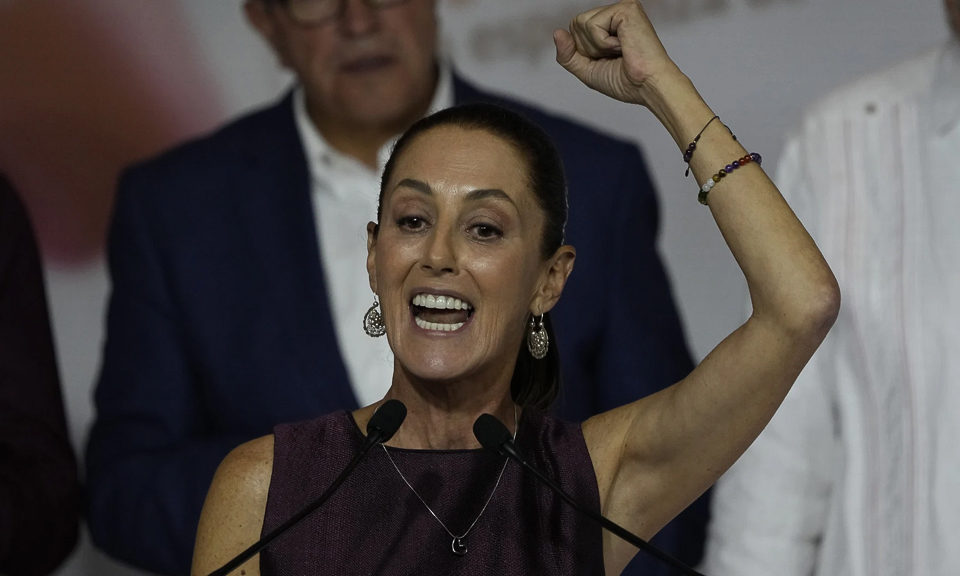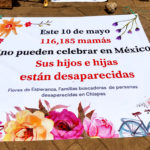I believe that today more than ever the strength of networking is needed, we are living a season of divide and conquer, but the more isolated we are, the more vulnerable we are, we need to articulate to continue advancing in the construction of peace.
I n April 2024, at the facilities of the Institute of Intercultural Studies and Research C.A., a change of direction of the organization was made. Ernesto Martin Guerrero Zavala left office and Gerardo Torres Estrada took over as the new director.
In an interview, Pastor Martin Guerrero shared with us part of his experiences and learning, both personal and professional, during the time he was serving the communities and leading processes organized by this institution between 2004 and 2024.
Early years
Martin Guerrero was born in Mexico City, the son of a man from Veracruz and a woman from Chiapas. At the age of ten, his family moved to the state of Oaxaca, where he became familiar with the difficulties, pains and struggles of indigenous peoples and campesinos in their search for truth and social justice. At age 19, he married and began his journey into pastoring Christian churches, a role he continues to play to this day.
In 1985, he arrived in Chiapas at the invitation of a pastor who requested his help to serve the congregation. During that time, he witnessed numerous episodes of religious intolerance, which affected evangelical or Protestant people. These people suffered water and electricity service cuts, insults, threats, the impossibility of children attending classes and, in many cases, the expulsion of their families from their communities of origin due to their faith.
At that time, Chiapas was a complex state due to the historical abandonment to which it had been subjected. The indigenous and peasant communities did not receive attention from the government or justice. Arriving in Chiapas meant facing that reality, which still persists: “the same demands that the people had continue in the present,” Martin explains.
Zapatista Uprising
Martin remembers that in 1994 he lived in Tuxtla Gutierrez, where fear and uncertainty prevailed due to the difficulty of communication and access to information, since technology was not as developed as it is today.
Religious intolerance changed with the armed uprising, as the government stopped supporting exclusively Catholic communities and began linking up with Christian groups. To address these conflicts, a dialogue was established between Catholics and evangelicals, which led to the creation of the Interreligious Council of Chiapas, a body in which Martin has collaborated.
Arrival at IESII
Martin and his wife learned about the Institute through a workshop given by a volunteer at the church where he was pastor. In another workshop, Miriam, Martin’s wife, was deeply impacted by sharing with people from the Catholic church in a space with recreational activities, coordinated by both evangelicals and Catholics. Crying, she told him “it is very difficult to explain it with words, but I can tell you that I discovered that Catholic people, who I thought were not Christians, have a profound experience of God that I do not have, and that I cannot deny that it was God who granted it to them, I no longer feel I have the right to judge them.” Shortly after, Martín joined the Institute as a volunteer, dedicating three days a week between 2004 and 2006. In 2006 he assumed the role of coordinator, which he held until 2014, when the title of coordination was changed to that of direction.
Current IESII Projects
Since its creation, the IESII has worked on several topics ecumenically and towards an ecumenical audience: Transformative Ecological Spirituality; Food Sovereignty and Resilience. In all formative processes, ecumenism has been sought to prevail, following the slogan of former bishop Don Samuel Ruiz at the beginning of IESII: “create an organization so that people of different confessions can meet and share, but not to talk about religious issues because that already divides them; bring them together to talk about needs they have in common, ensuring that in the process people come to respect and love each other.” Martin considers this a very wise vision. Currently, activities are carried out in the municipalities of Bellavista, San Juan Chamula, Chenalho, San Cristobal, Huixtan, Ocosingo, Altamirano, Teopisca San Fernando and Tuxtla Gutierrez.
Impressions on the heart 20 years later
The encounter with people of other confessions and the understanding that God does not belong to any specific denomination have opened paths of hope and consolidated alternatives. Martin feels grateful for having met and walked alongside many committed people. The most profound spiritual moments for him have been those in which he has participated in encounters with the Mayan worldview, and with the indigenous peoples guided by their leaders: “I am deeply grateful that they have opened their hearts to allow me to participate, welcoming me and letting me know that the way is respect, that, if you ask for permission to speak, people not only let you speak, they open their hearts to you.”
‘’It is important to remember Jesus incarnate, who walks and cries with people, putting himself in the shoes of those who suffer, and that should be the guide for everyone. We must understand that the version of God that each human being has is incomplete, and that the only thing we can aspire to is to fill those gaps through dialogue with our neighbors. God is in the word of my neighbor and it will always be so. Do I give myself permission to listen to God in the word of my brother when he is making a claim, when he demands social justice, when he is crying for his missing loved one? Every theology is an idol in itself, unless it has the ability to enter into dialogue with other theologies, this is really what can help us find the path to building peace,” Martin reflected.
Hopes in the current context of violence
Despite the challenges of the environment, Martin maintains a constant positive attitude: “There is hope in people, churches or organizations that rise up in the face of threats, willing to continue reflecting on the current context and seek paths of transformation, determined not to stop on the path of building peace,” he told us.
He sees a challenge and multiple opportunities in working with children and youth: “We have a very strong responsibility with the new generations and to the extent that we are working with youth and children we are cultivating hope, the data that there is on recruitment for criminal groups are alarming due to the number of young people and children who have been affected. It is important to serve this generation from the different spaces in which we find ourselves, taking care of what we sow in the minds and hearts of those around us.”
From his experience and his commitment to hope, Martin is considering the creation of a peace ministry that involves evangelical pastors, “on issues that are not such a priority for them but that are fundamental for our context, to see how we add to the connections that already exist and not take away from them, we must strengthen them.”

